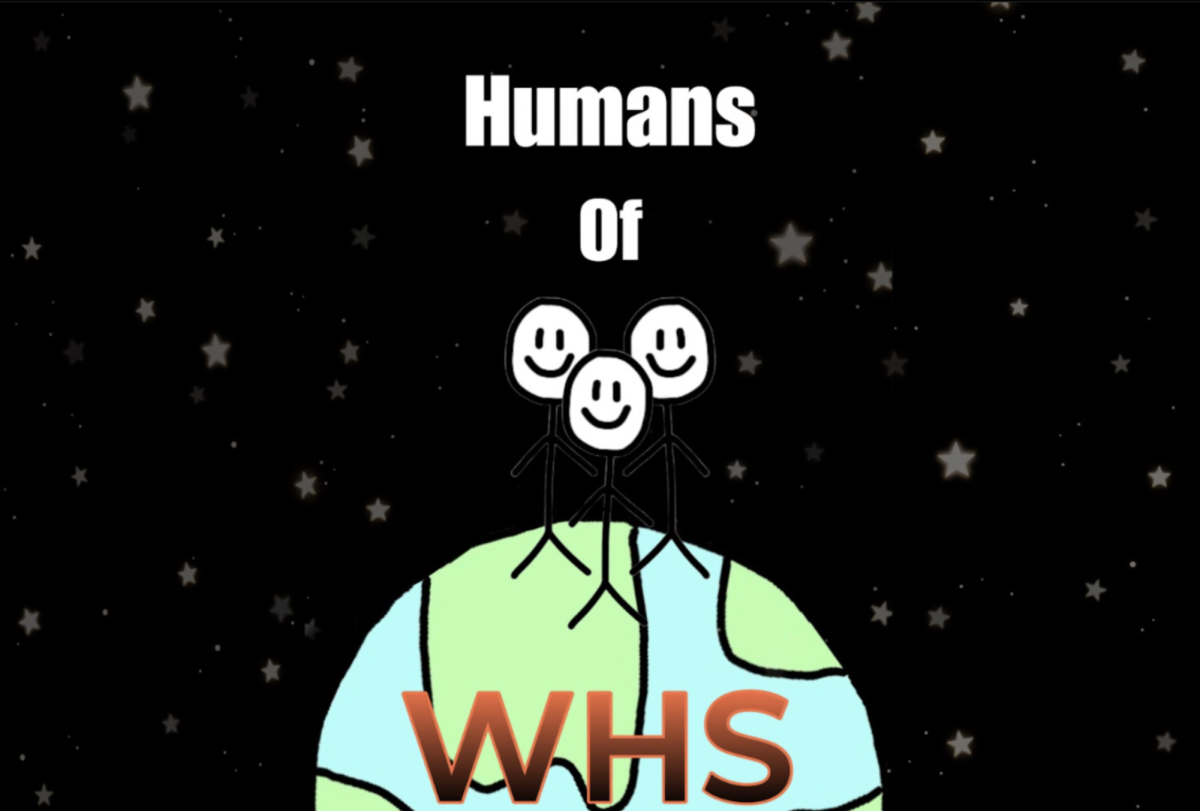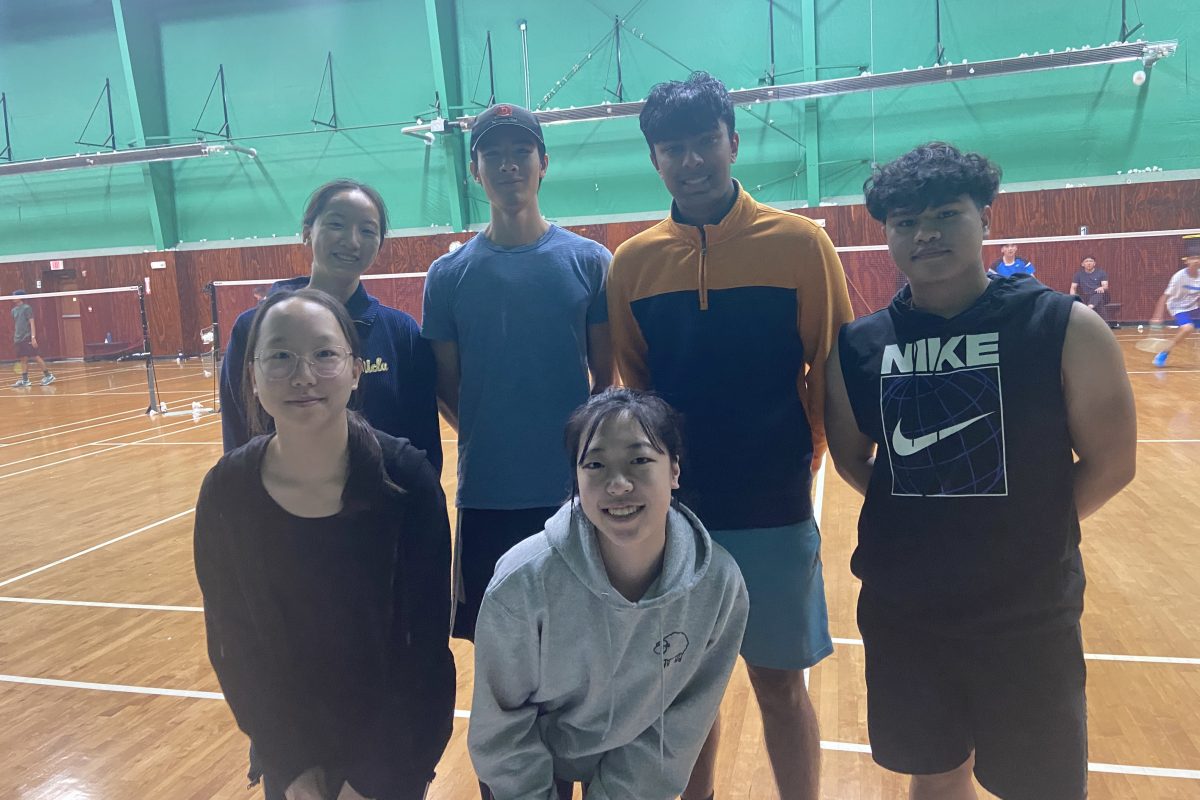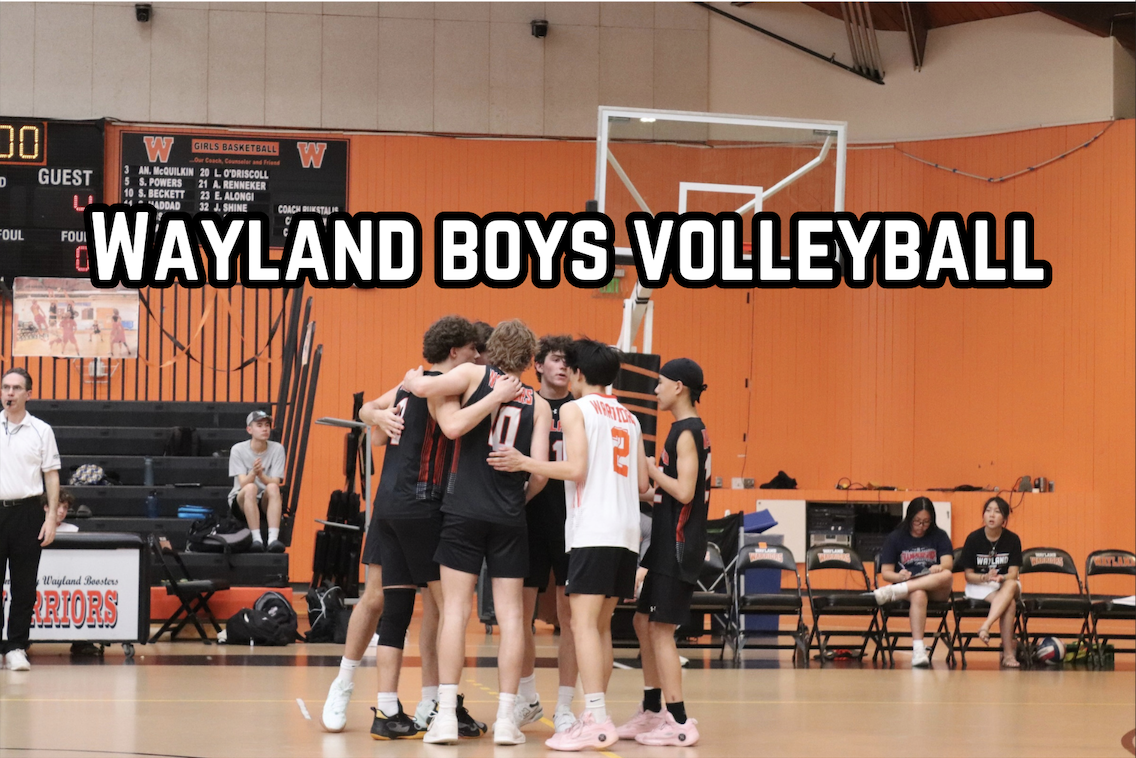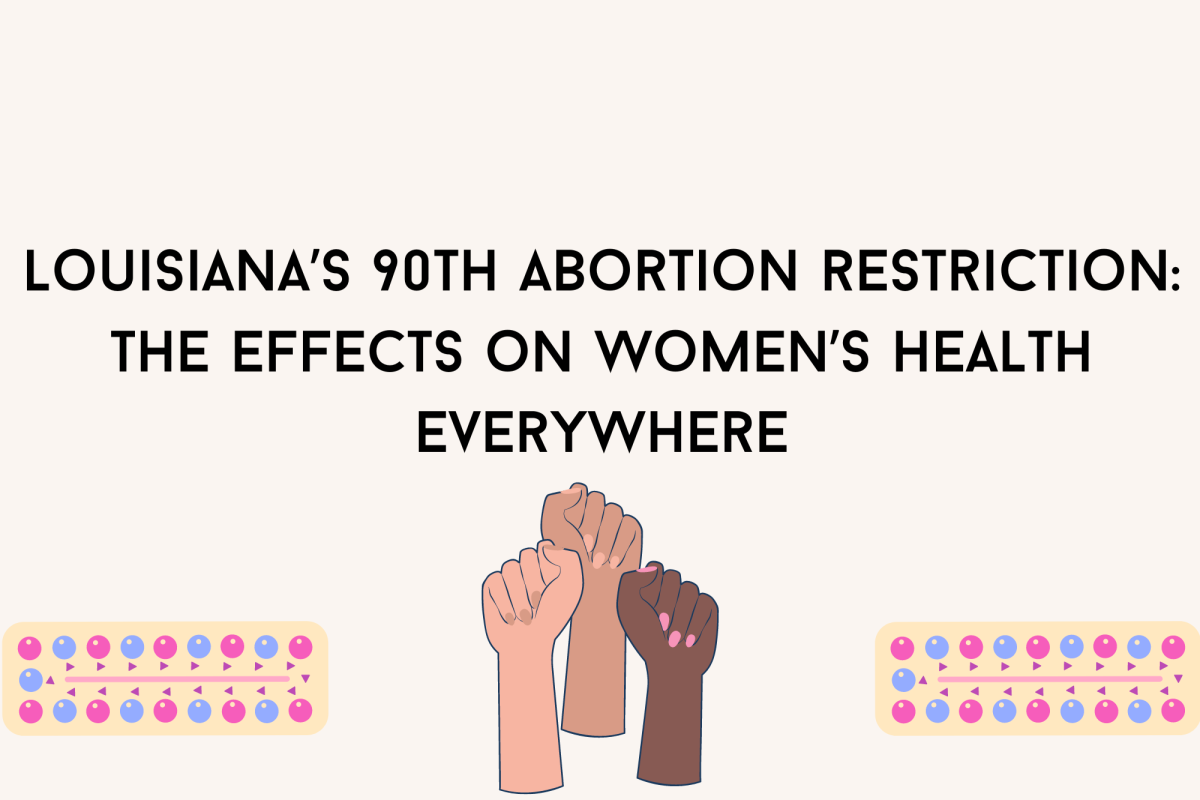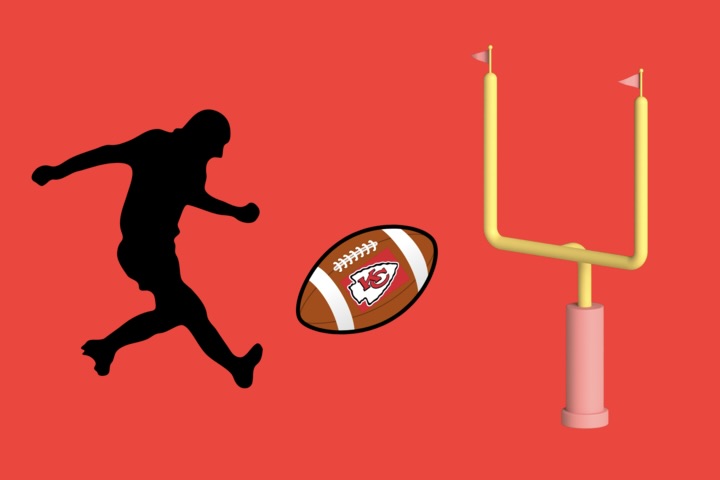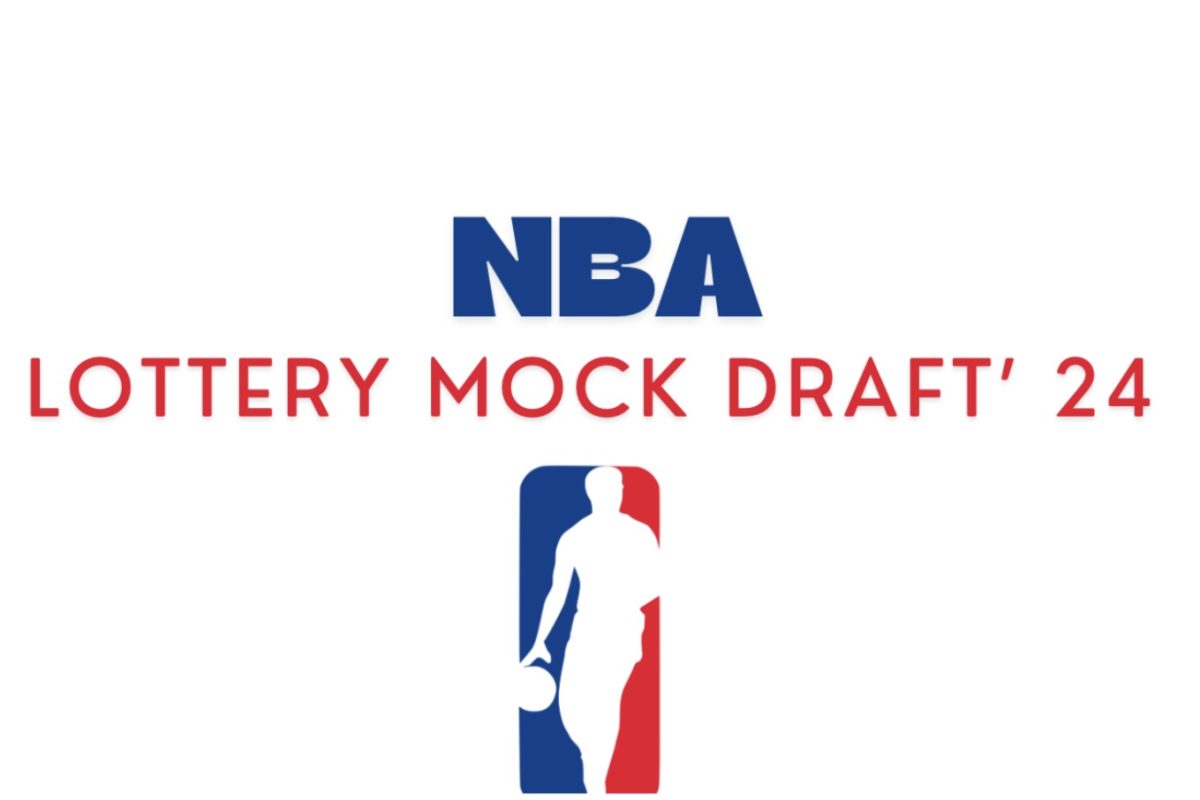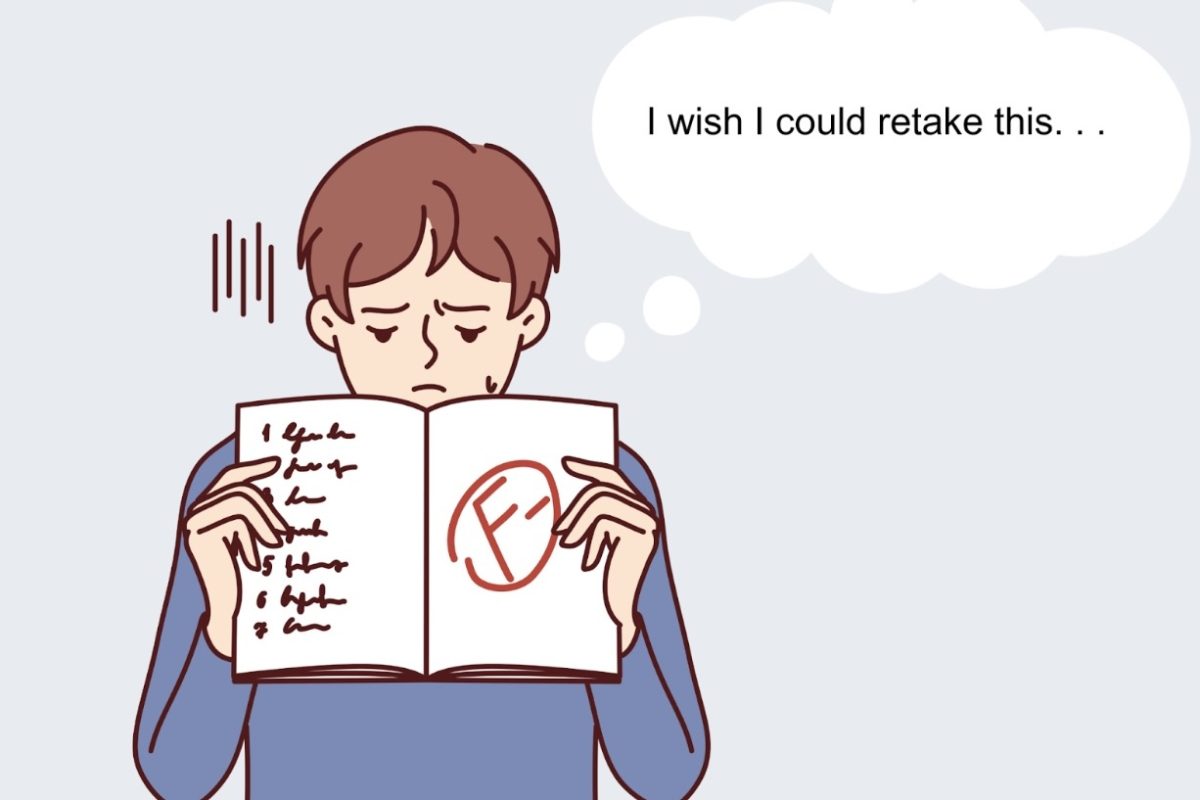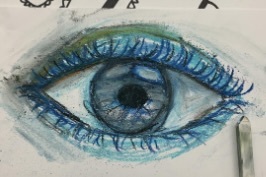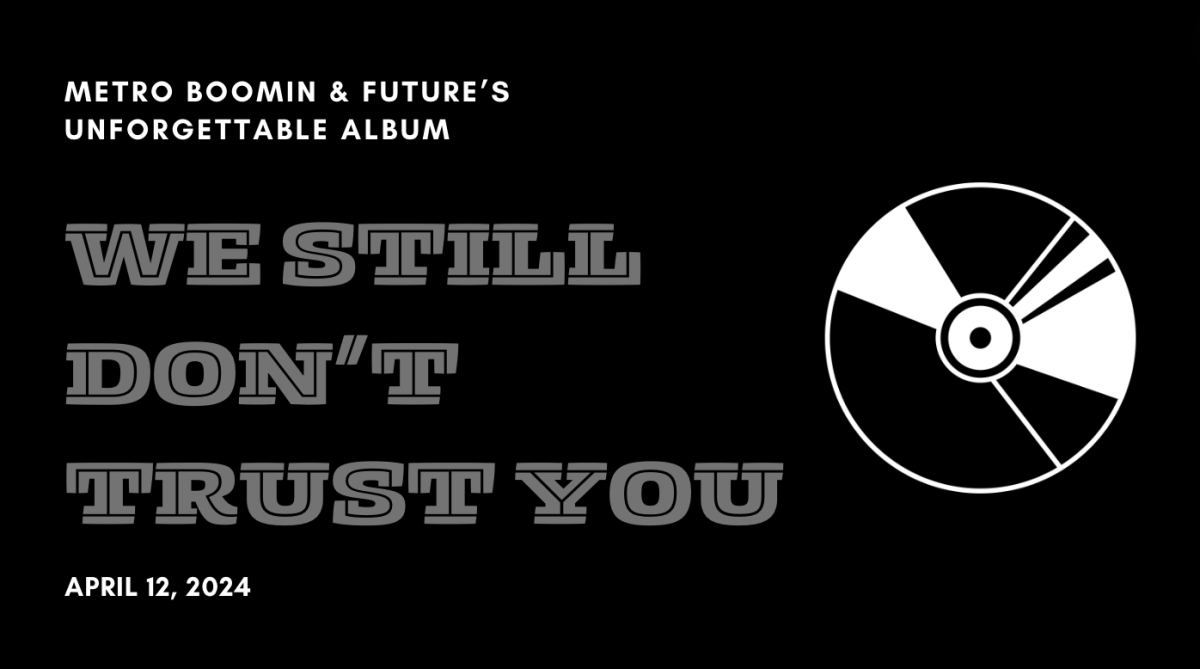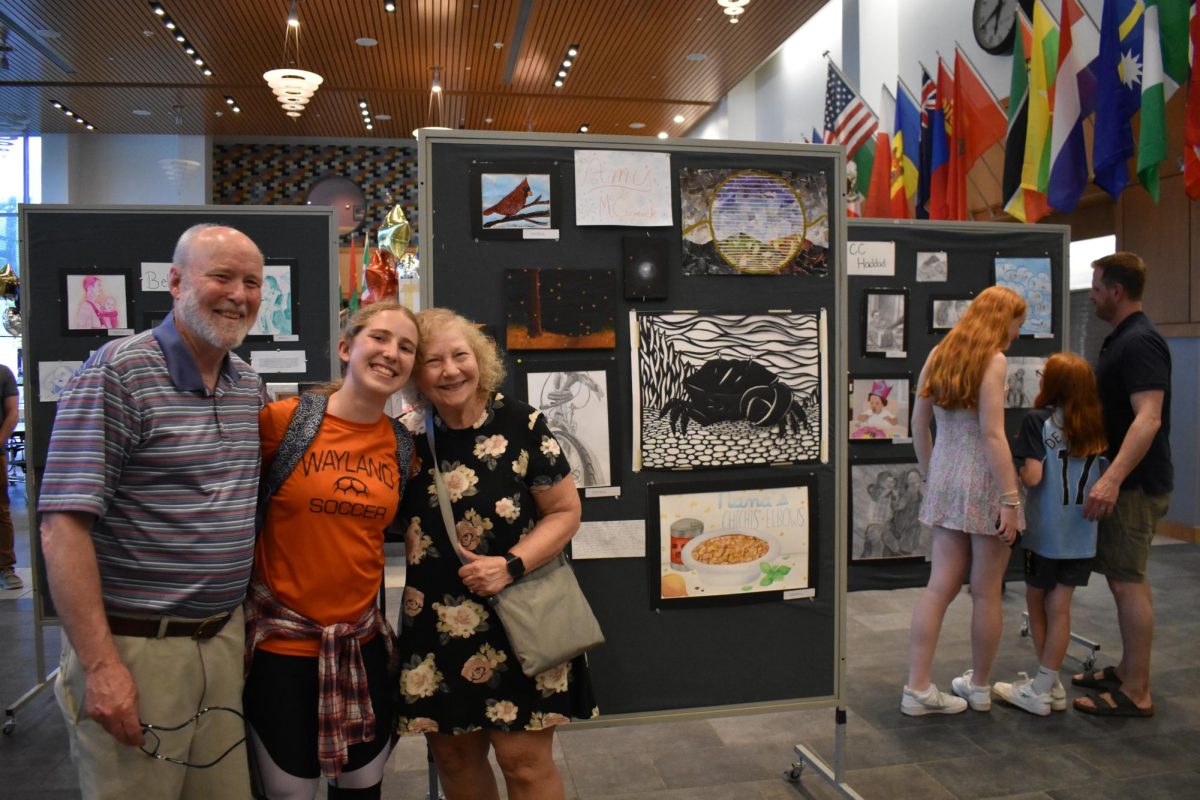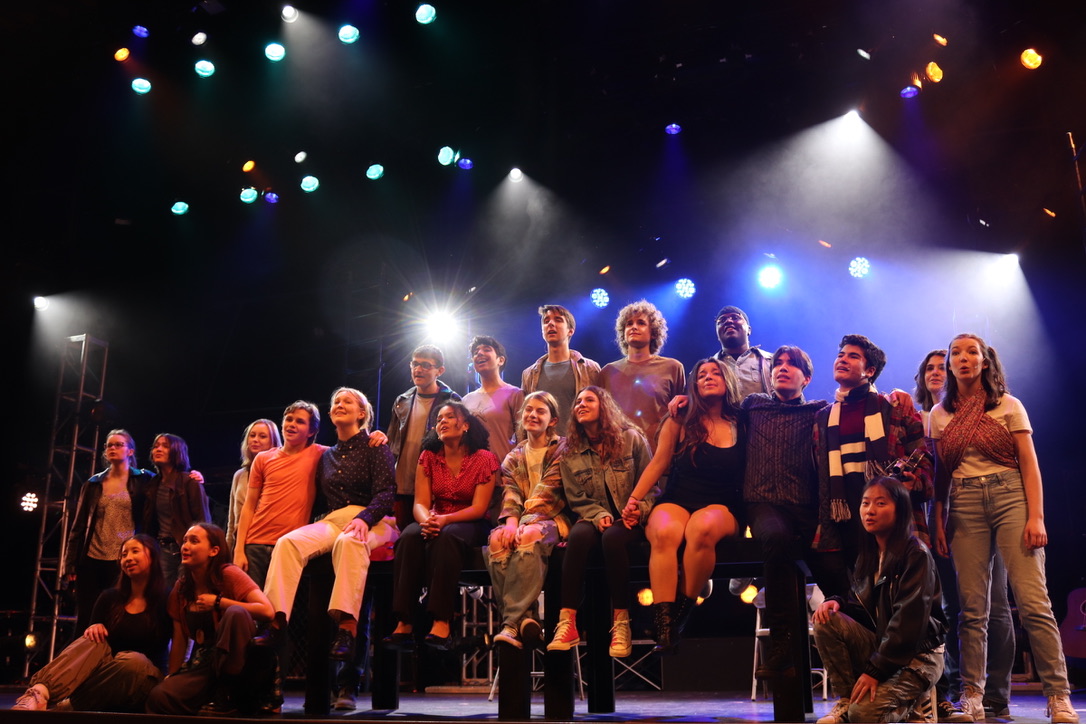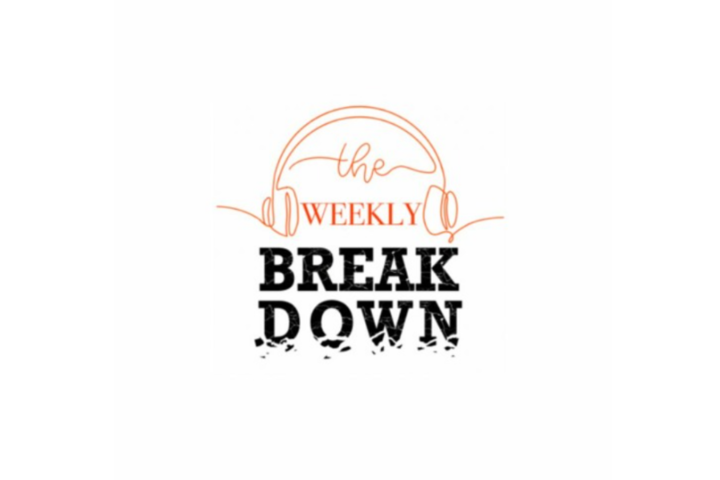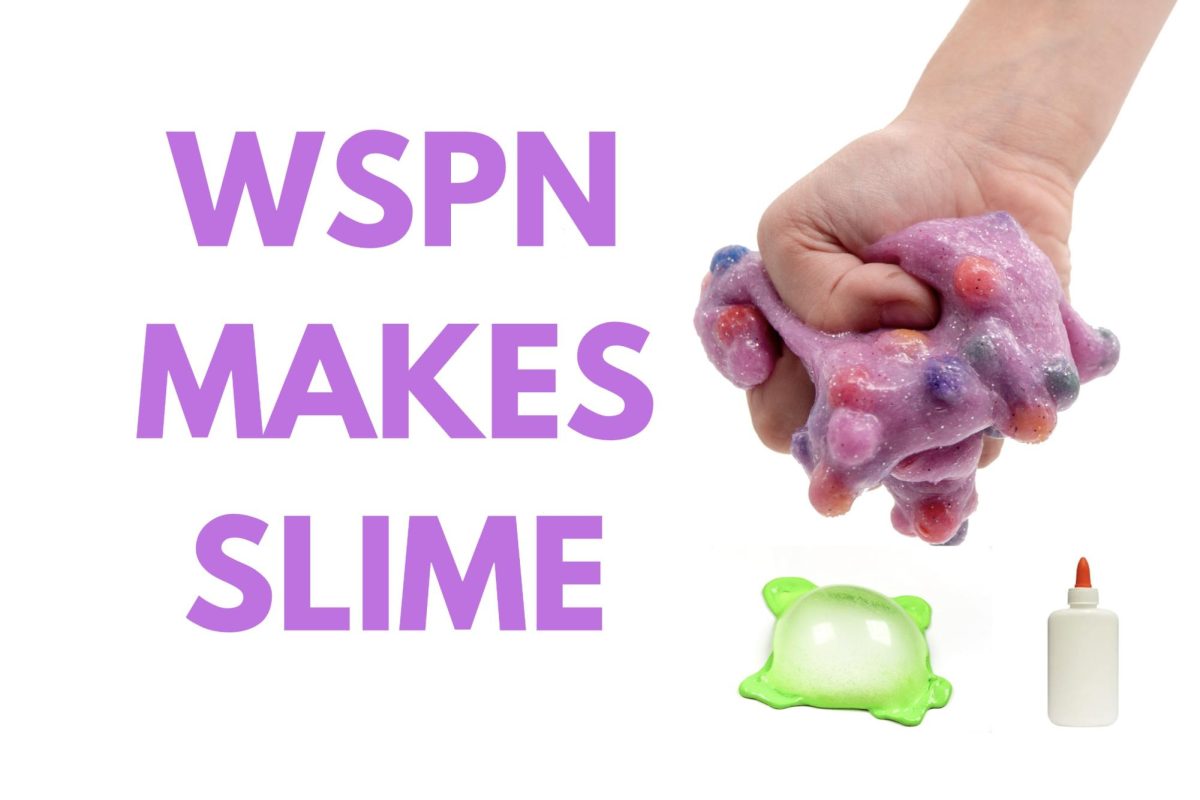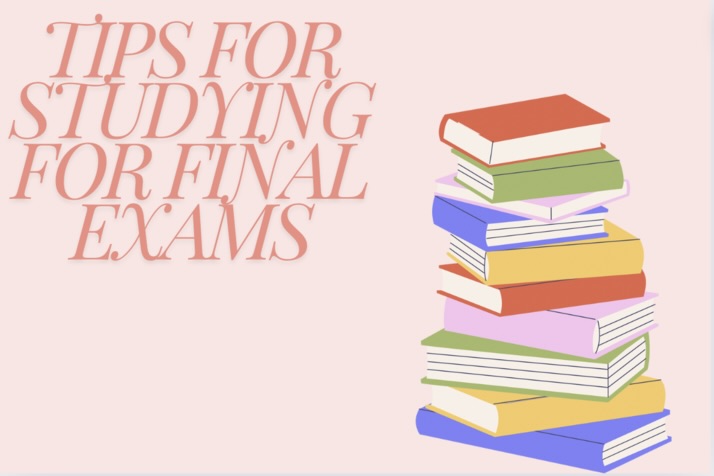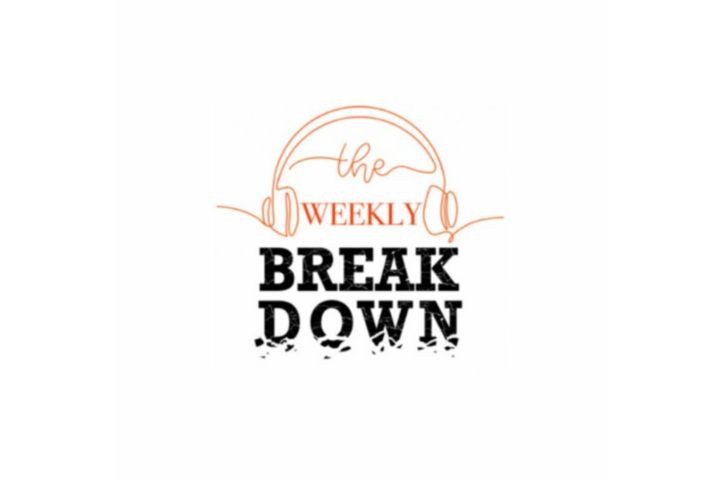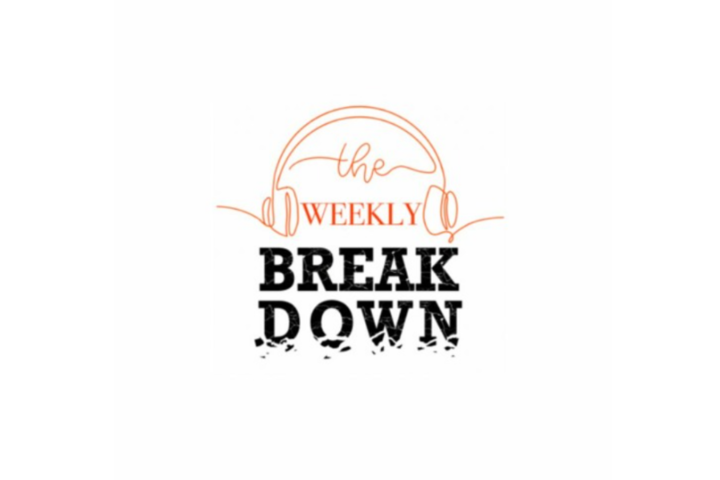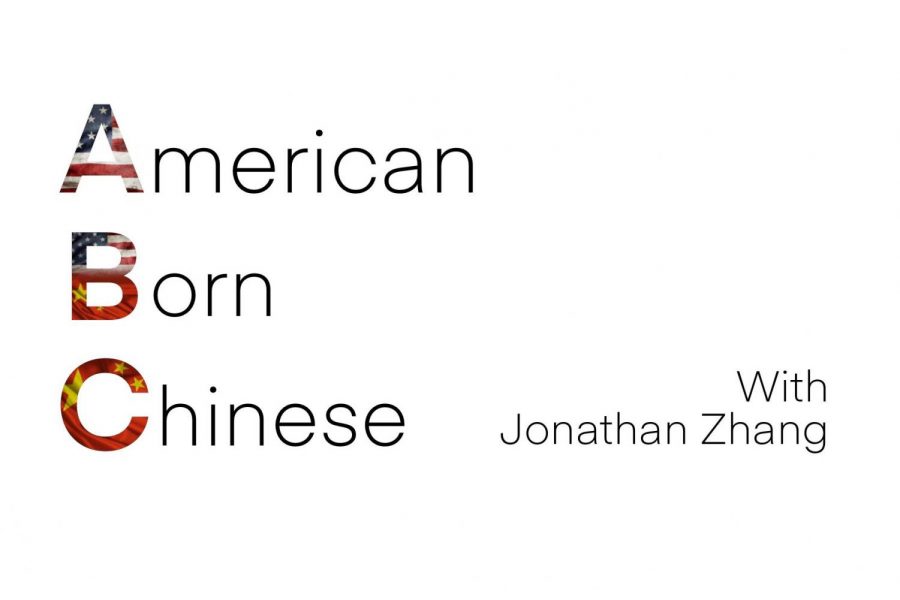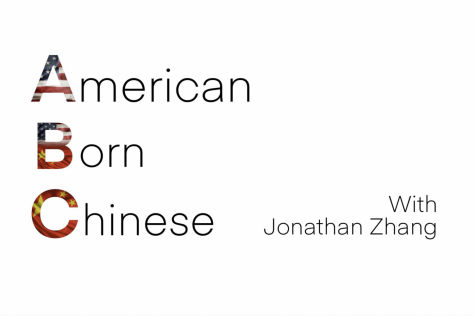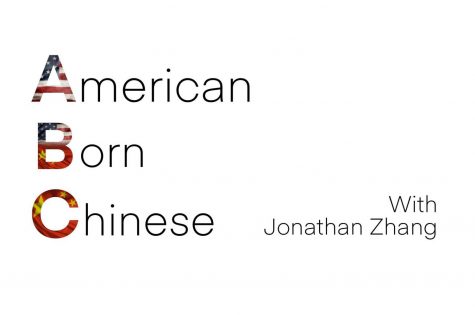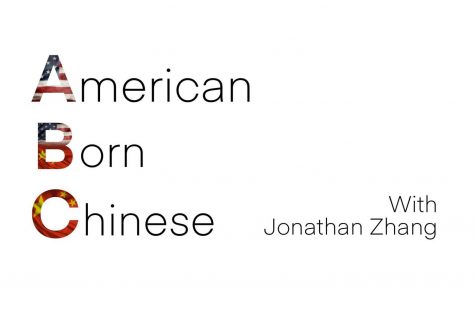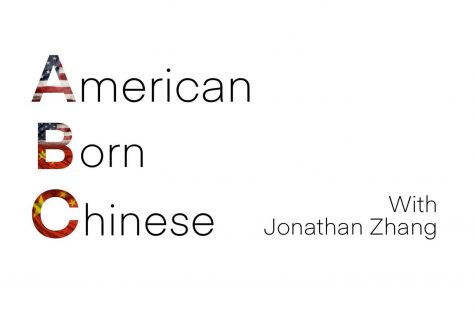ABC: What’s my name?
Credit: Elizabeth Zhong
In the latest installment of ABC: American Born Chinese, reporter Jonathan Zhang talks about what it’s like having two names and what a name means to him.
Our names are precious to us. They’re one of the first identities we assume in our lives, and they’re part of what makes us who we are. How do we balance the different identities we get from different names?
When I was born I was given my English name, which appears on my birth certificate, as well as a Chinese name that doesn’t appear on my birth certificate. If I were to go to China, however, everyone would refer to me by my Chinese name.
I have spent my entire life as a first-generation American and over the years, my once super-important Chinese name has lost its significance in my eyes.
Names are incredibly important to our identity. As you mature, the traits that you gain and the assumptions people make about you become associated with your name. So, when people use your name, all those things become part of that name.
Up until the beginning of middle school, I’d attended Chinese school where I would be referred to by only my Chinese name. This was the only place where my Chinese name held any value. At home and everywhere else, I was referred to by my English name. As soon as I quit, my Chinese name slowly lost its value.
I started panicking when I realized this. My parents named me Jonathan after Prince Jonathan from the Bible, and Qi after a famous Chinese general. They’re both names that mean a lot to me. With my Chinese name slowly losing its value, I feel like I’m also losing a connection to the Chinese aspect of my identity. I’m scared to think that a part of me that meant so much to me was slowly becoming insignificant and that there was nothing I could really do.
I felt helpless. What was I to do? Going back to Chinese school just wasn’t a practical choice anymore, seeing as it ends for most people in eighth grade. I tried to think of an explanation for why something that constitutes such a huge part of my identity could just start to fade away.
I think part of the reason is that most people can’t pronounce Chinese names. In English, the surname is the last name, but in Chinese, the surname is the first character. Oftentimes, the middle name of a first generation Chinese person is their Chinese name. When I was born, my parents were going to make my Chinese name my middle name as well, but they realized that no one could pronounce “Qi” and decided not to give me a middle name.
It’s my belief that if I always had to write my middle name on every test and form, my Chinese name would mean more to me. In fact, I’d almost forgotten that it was even part of who I was until one of my tennis friends from China asked me in Chinese what my name was, and I instinctually said my Chinese name.
Most of the time, I’ll live my life without ever questioning or worrying about retaining the Chinese aspect of my identity or worrying about my Chinese name. However, it’s in moments where the Chinese part of my identity is brought up like when I’m talking to native Chinese speakers, going to a Chinese restaurant or visiting family friends that I start to question myself and wonder what exactly my Chinese name means to me.
I’ve come to realize that both my Chinese and English names are always going to be part of who I am. Just because I don’t use my Chinese name as often as my English name, doesn’t mean that my Chinese name loses its value or weakens my connection to being Chinese. However, I’d still like for people to recognize the importance of a name.
I feel like a lot of us ABCs feel embarrassed about our Chinese names because of how hard most of them are to pronounce. Let’s change that. Our names aren’t something to be embarrassed about just because someone else has trouble pronouncing them. They’re part of who we are, and we should never feel embarrassed to be ourselves.
Your donation will support the student journalists of Wayland High School. Your contribution will allow us to purchase equipment, cover our annual website hosting costs and sponsor admission and traveling costs for the annual JEA journalism convention.
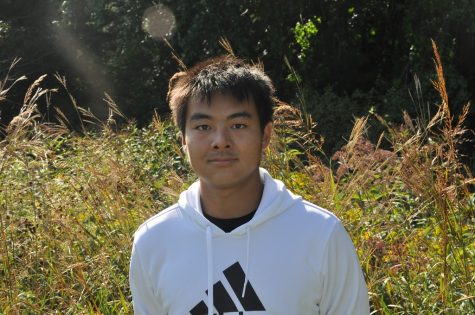
Jonathan Zhang, Class of 2022, is a third year reporter and managing editor of WSPN. For the high school, he acts as the junior varsity coach and co-captain...
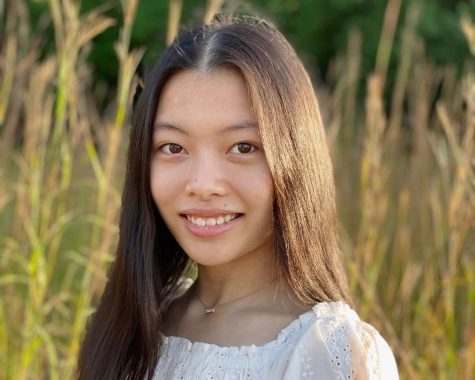
Elizabeth Zhong, Class of 2021, is this year’s graphic designer for WSPN. She is the president of Student Council, co-President of the Tri-M Music Honor...

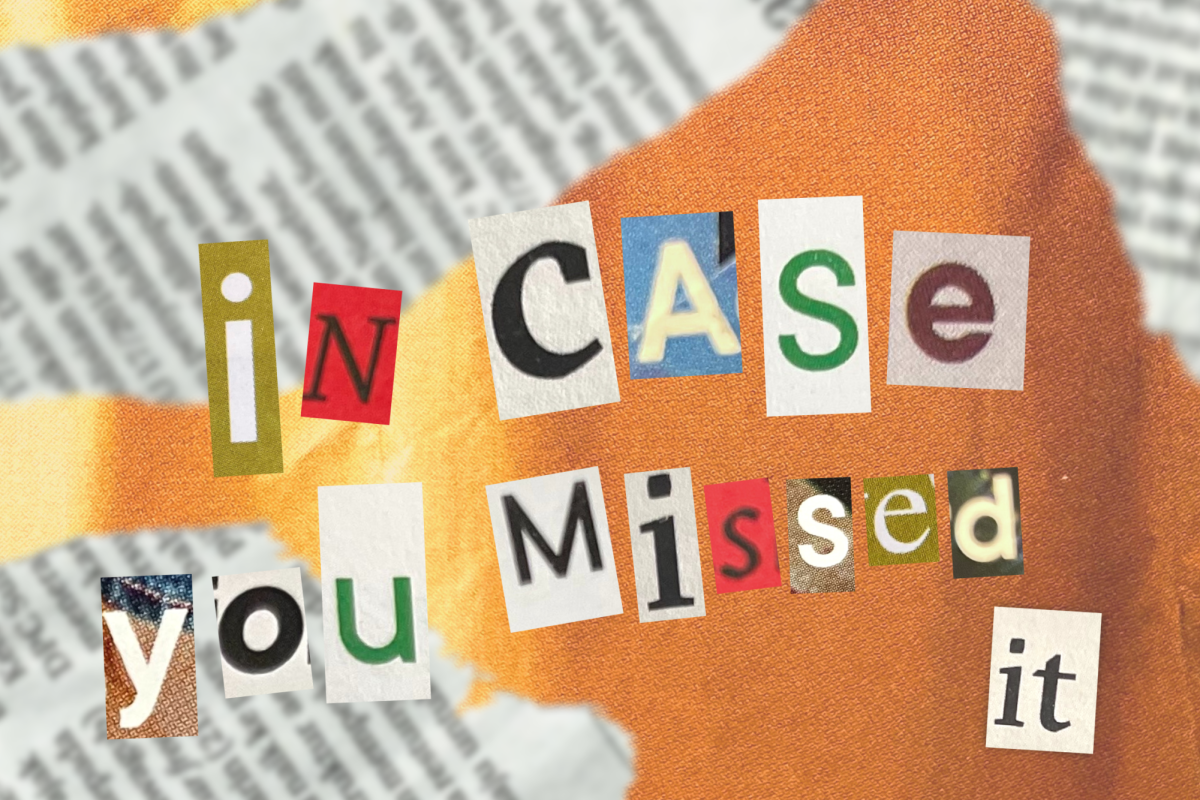
![On Monday, June 10, the annual Underclassmen Awards ceremony took place inside of WHSs auditorium.
I think that these awards bring motivation to [WHS] students to preform well academically, Sophomore Rufat Hasanov said.](https://waylandstudentpress.com/wp-content/uploads/2024/06/IMG_0474-1200x800.jpg)












![The Wayland residents who volunteer to coach baseball try to make the environment fun and uplifting for players. “[I try] to build the kids up,” Co-Commissioner and coach for a Minors team Alex Ahmed said. “If someone strikes out, you encourage them, [and] say that [they] get another chance, [or they] could try again next time.”](https://waylandstudentpress.com/wp-content/uploads/2024/06/unnamed-1200x801.png)
